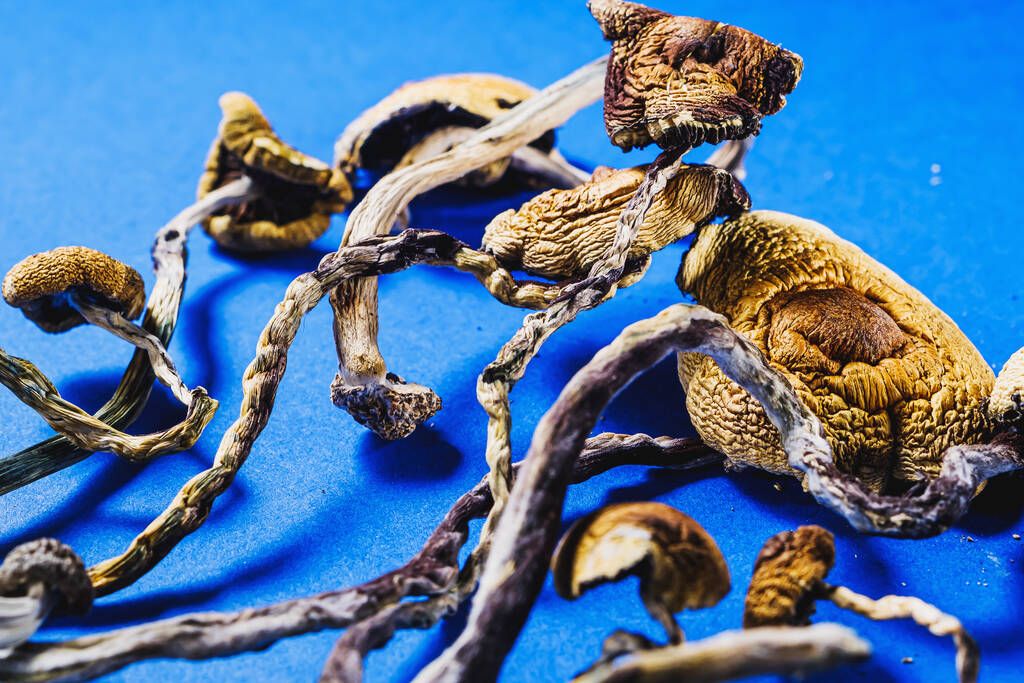Researchers from the University of Texas have conducted a study examining the impact of recreational psychedelics on bipolar disorder.

Dried psilocybin mushroom.
Published online ahead of print by the US National Library of Medicine, the study, appearing in the upcoming issue of the Journal of Affective Disorders, examines how substances like psilocybin affect individuals with bipolar disorder (BD), a group often excluded from clinical trials due to concerns about manic episodes or psychosis.
Using the Time-Line Follow Back (TLFB) method, the researchers tracked participants’ mood symptoms, substance use, and other mental health-related variables over three months following their most recent psychedelic experience.
Results showed a reduction in depressive symptoms and cannabis use, along with an increase in days free from mental health symptoms. Crucially, no significant changes in (hypo)manic, psychotic, or anxiety symptoms were observed.
“These findings suggest that psychedelics may hold potential as a safe and effective treatment for BD, though further research, including randomized controlled trials, is needed”, concludes the study.








